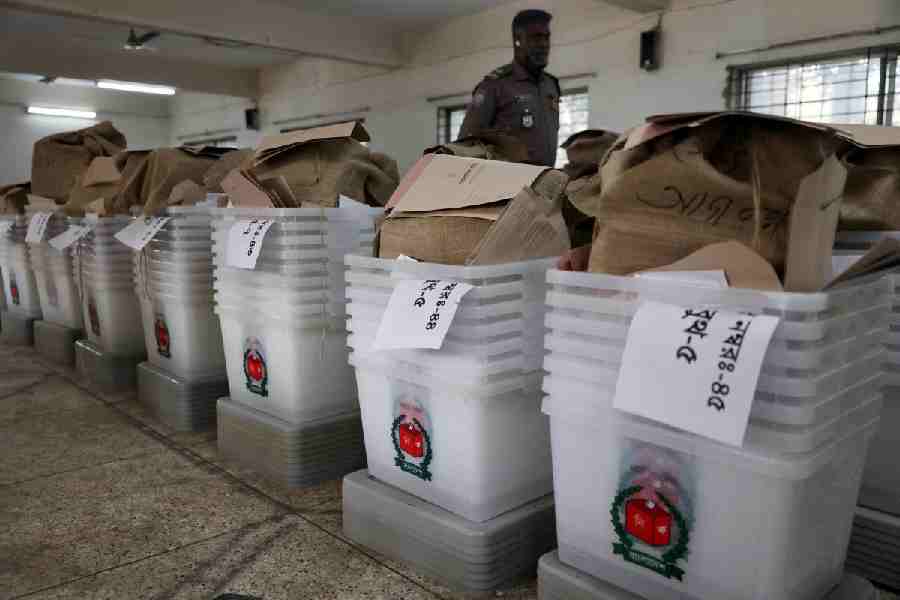Patna, Sept. 12: The RJD will launch a statewide campaign against spurt in country liquor shops from the next week, holding the increasing drinking habit among youngsters “primarily responsible” for law and order problems across Bihar.
“The party will organise demonstrations in all districts and block headquarters from the next week,” RJD secretary general Ramkripal Yadav told The Telegraph on Wednesday. He added: “Party leaders Lalu Prasad and Raghuvansh Prasad Singh will also join the movement.”
Ramkripal said: “As many as 5,700 liquor shops have come up in the state, while the number was 1,700 during the Lalu-Rabri regime. The revenue from excise, too, has grown to about Rs 1,300 crore against merely Rs 200 crore during the RJD rule.”
Accusing the Nitish Kumar government of allowing at least 10 country liquor shops to come up in every panchayat area, he added: “The growing drinking habit among youngsters and workers is the primary reason for deterioration in law and order situation and growth of crime against women in particular.”
The RJD’s salvo at the NDA government for “patronising” the drinking habit has, however, surprised most parties in the state and the police as well. Senior police personnel still recall how supporters of Lalu’s brother in-law and then RJD MP Subhas Yadav had in 1999 allegedly manhandled Patna city superintendent of police (SP) Jagmohan for raiding two liquor shops on Boring Road and Boring Canal Road. The state was then under a brief period of President’s Rule (February 24 to March 10).
Sources said the Bihar cadre IPS officer had arrested two youths owing allegiance to the RJD and sealed the shops for conducting business beyond 10pm — the deadline to down shutters. The sources added that those days, liquor used to be sold even after 10pm and sometimes through the night in violation of norms in and around the Patna Junction area.
Jagmohan, who had carried out several raids on such liquor shops, apparently earned the wrath of the then ruling party. He, however, went on central deputation soon after the Centre withdrew President’s rule.
Sources in the excise department, however, clarified that liquor shops in the state have grown and so has the excise revenue. “The government has streamlined the trade of liquor. Hooch tragedies, which used to take place in the hinterland invariably because of consumption of spurious liquor, are a thing of past now. The state government has been strictly monitoring the manufacture and sale of liquor,” a senior excise department officer said.











